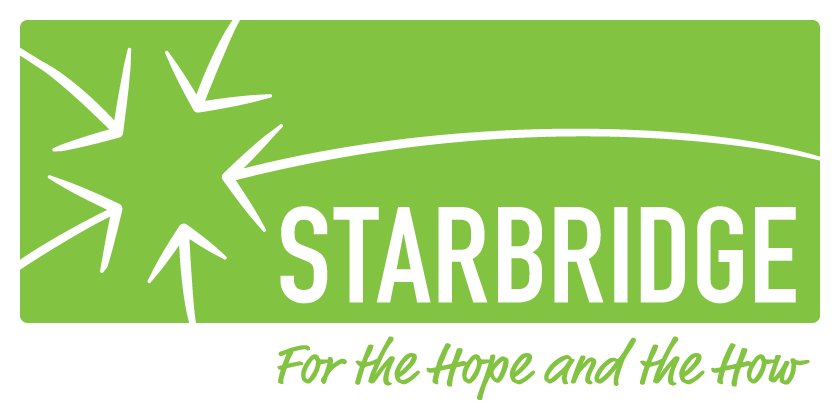Newsletters
Formerly The Bridge, our e-newsletter connects people with disabilities, their families, and the community with information and support. The name and tagline of our agency – Starbridge: For the Hope and the How – embody the idea that we offer both the optimism and vision to identify opportunities, as well as the tools and connections to help people get there. Through Bridges we look forward to discovering and sharing the many pathways and choices available to people in achieving lives of personal and professional fulfillment.
To sign up to receive Bridges, please complete the form on our Contact Us page.
